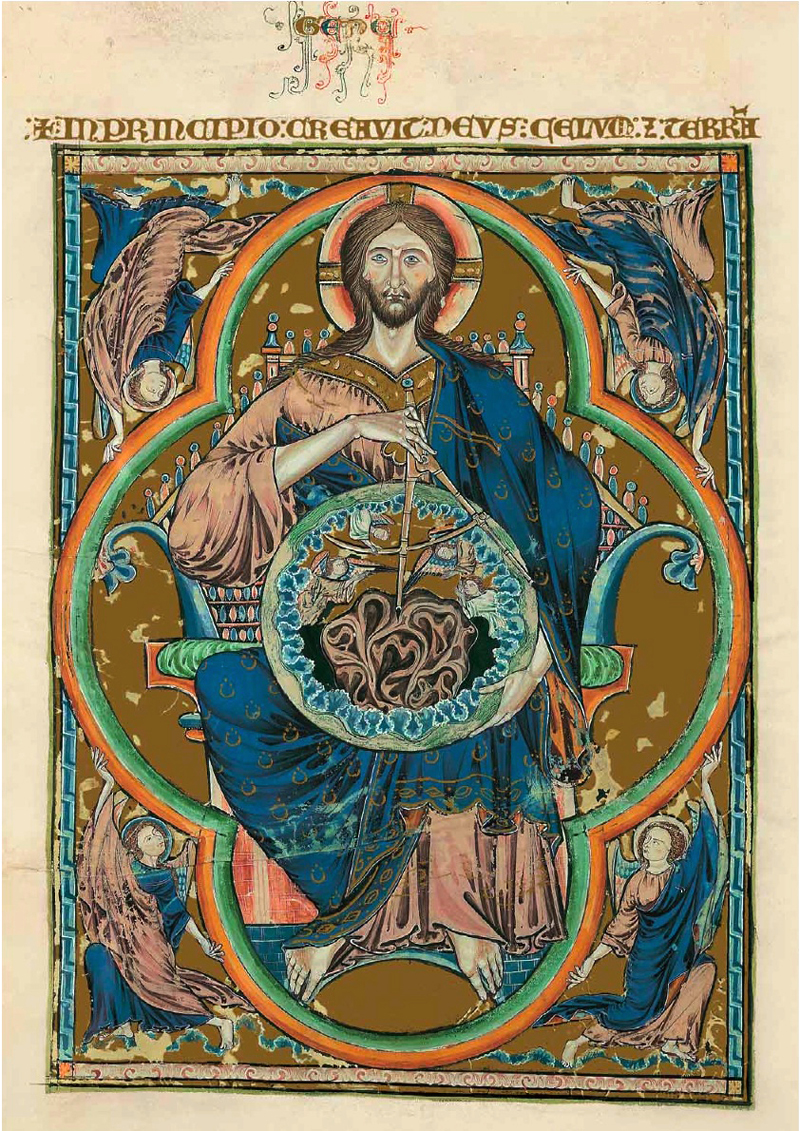 November 23, 2025
November 23, 2025
Reign of Christ
"The Image of the Invisible God"
How do you imagine God?
Do you imagine perfection: perfect beauty; perfect love; perfect harmony; perfect fairness – the epitome of all that we strive towards, and all that makes the world work?
Do you imagine a fatherly leader who reaches into our world to repair and restore and make all things new?
Do you imagine a fearsome warrior, or a demanding judge, who scourges evil doers, rescues their victims, and showers the faithful with rewards?
Do you imagine a jealous and partisan Force that demands obedience and undermines those who won’t toe the line? Or a dispassionate Energy that needs to be bought off with presents and sacrifices in order to do the right thing?
Over the centuries, we humans have imagined God in all these ways and more! And how we have imagined God has shaped how we behave. It has determined the goals of our lives, the things we’re willing to work for, and the sacrifices we’re willing to make to achieve those goals. What we “worship” is what we hold most dear; what we care most about is what becomes the focus of all that we choose and all that we become. Choose to follow a hateful deity, and you will become ever more hateful; choose to follow a warrior and you’ll strive to curry favour with the strongest brutes around. Choose to put love at the centre of your life, and you’ll end up with radically different stories to tell at the end of your days.
How do YOU imagine God? And what difference does this make to the choices you grapple with?
John 1:18 says “No one has ever seen God.” 1 Tim 6:16 says God alone is the one who “has immortality and dwells in unapproachable light, whom no one has ever seen or can see.” Colossians 1:16 talks of “the invisible God.” Each of those biblical authors has the same problem we have: it’s hard to describe what we cannot see; it’s hard to imagine the unimaginable. No wonder there are so many different “takes” on God!
But does that mean that all those “takes” are equally relevant? Does that mean we choose by throwing dice, or going with our gut, or following what “feels best?” If no one has ever seen God, is there any way to decide whether some ways of imagining God are truer than others? Or if some are just downright dangerous, wrong and disastrous?
Christian tradition says if you want to know what God is like, look at Jesus. If you want to know what God cares about, look at what Jesus cared about. If you want to know how God is acting, look for the sorts of things Jesus did. If you want to know what God won’t do, look at the sorts of things Jesus refused. Jesus is the lens through which we see the Unseeable – in the world, in the past, in Scripture, in our choices, in our hopes, dreams and goals for the future. When we Christians sift and sort through all the different ways of imagining Ultimate Mystery, we use Jesus as our yardstick – the closer a “take on God” matches Jesus, the more we trust it. Other religions, of course, have other ways of evaluating different takes on the Divine, but this one is ours … and it has born fruit over the centuries.
Join us on Sunday as we ponder the nature of the Divine Mystery, and consider what changes when we see Jesus as “the image of the invisible God.”

 forest hill
forest hill